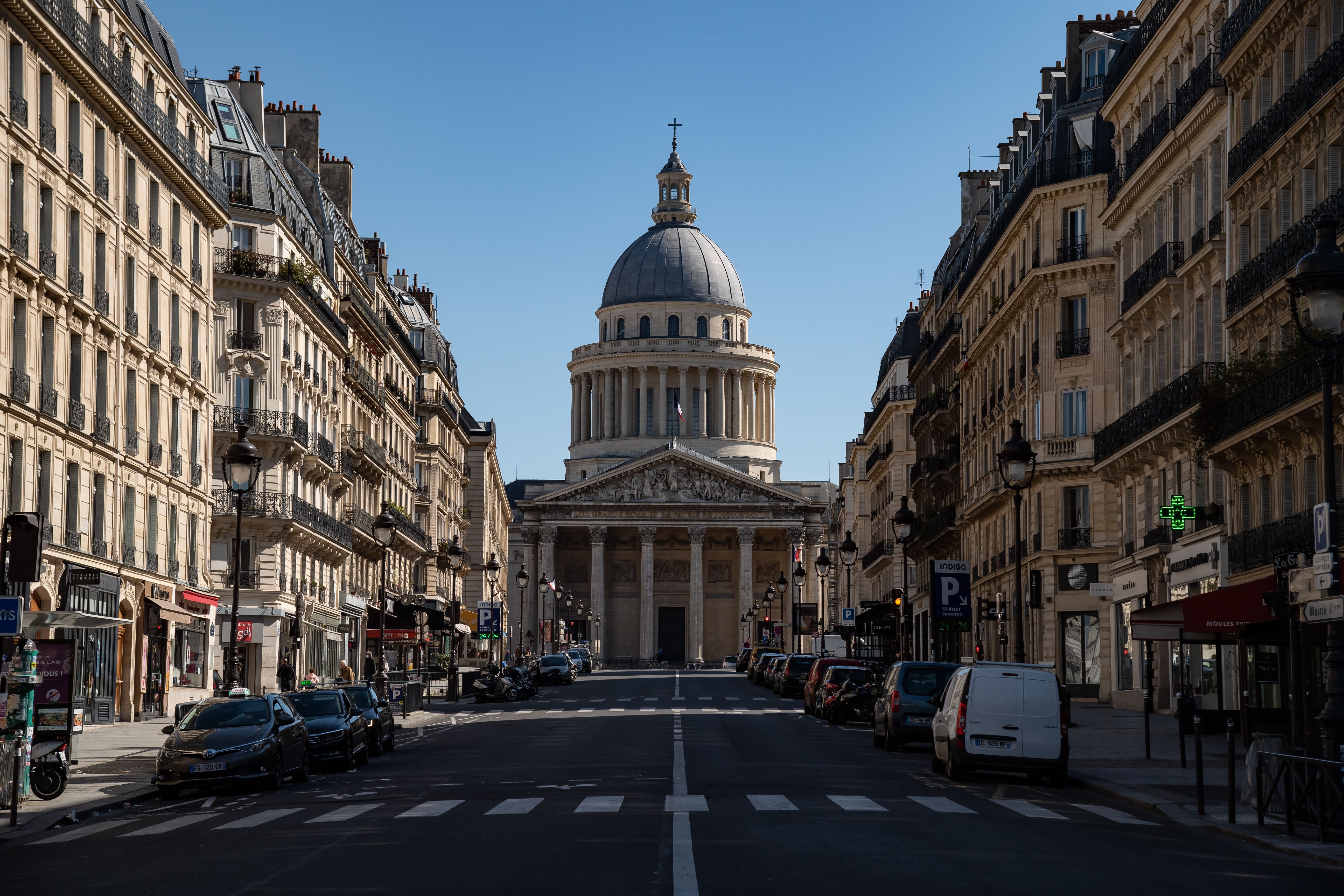Coronavirus lockdowns have European governments searching for a 'credible exit strategy'


A free daily email with the biggest news stories of the day – and the best features from TheWeek.com
You are now subscribed
Your newsletter sign-up was successful
President Trump appears to be wavering when it comes to keeping restrictive measures in place beyond 15 days as the United States battles the novel coronavirus pandemic, and instead may be gearing up for getting people back to work to re-energize the economy. It turns out he's far from the only world leader grappling with the choice, Politico reports.
European leaders, too, are faced with the dual challenge of quelling the virus and keeping their societies afloat, and no one seems to have an answer. "It's a very difficult balancing act," said Mujtaba Rahman, Europe director at the political risk consultancy firm, EurasiaGroup. "It's not clear that any government has a credible exit strategy."
To put some of the possible economic damage into perspective, Munich-based research firm Ifo Institute published a report Monday predicting Germany could lose anywhere between 7.2 percent and 20.6 percent of its GDP over the course of a two-to-three month coronavirus disruption. But scientists continue to issue stark warnings that new cases of the virus will surge if life goes back to the way it was.
The Week
Escape your echo chamber. Get the facts behind the news, plus analysis from multiple perspectives.

Sign up for The Week's Free Newsletters
From our morning news briefing to a weekly Good News Newsletter, get the best of The Week delivered directly to your inbox.
From our morning news briefing to a weekly Good News Newsletter, get the best of The Week delivered directly to your inbox.
There are a couple of scenarios, however, where it may be possible to simultaneously ease restrictions and keep the virus at bay for the most part. One, as suggested by an Imperial College London study would be to implement alternating periods of lockdown and relaxation over the course of the next two years or until a vaccine becomes widely available. The other possibility, Politico notes, is that as testing becomes more widely available, governments may find out that quite a large percentage of people already had mild or asymptomatic infections and built up defenses against COVID-19. That, of course, is only speculation, but some experts do expect antibody tests to become available sooner than later. Read more at Politico.
A free daily email with the biggest news stories of the day – and the best features from TheWeek.com
Tim is a staff writer at The Week and has contributed to Bedford and Bowery and The New York Transatlantic. He is a graduate of Occidental College and NYU's journalism school. Tim enjoys writing about baseball, Europe, and extinct megafauna. He lives in New York City.
-
 How to juggle saving and paying off debt
How to juggle saving and paying off debtthe explainer Putting money aside while also considering what you owe to others can be a tricky balancing act
-
 Hong Kong jails democracy advocate Jimmy Lai
Hong Kong jails democracy advocate Jimmy LaiSpeed Read The former media tycoon was sentenced to 20 years in prison
-
 Japan’s Takaichi cements power with snap election win
Japan’s Takaichi cements power with snap election winSpeed Read President Donald Trump congratulated the conservative prime minister
-
 TikTok secures deal to remain in US
TikTok secures deal to remain in USSpeed Read ByteDance will form a US version of the popular video-sharing platform
-
 Unemployment rate ticks up amid fall job losses
Unemployment rate ticks up amid fall job lossesSpeed Read Data released by the Commerce Department indicates ‘one of the weakest American labor markets in years’
-
 US mints final penny after 232-year run
US mints final penny after 232-year runSpeed Read Production of the one-cent coin has ended
-
 Warner Bros. explores sale amid Paramount bids
Warner Bros. explores sale amid Paramount bidsSpeed Read The media giant, home to HBO and DC Studios, has received interest from multiple buying parties
-
 Gold tops $4K per ounce, signaling financial unease
Gold tops $4K per ounce, signaling financial uneaseSpeed Read Investors are worried about President Donald Trump’s trade war
-
 Electronic Arts to go private in record $55B deal
Electronic Arts to go private in record $55B dealspeed read The video game giant is behind ‘The Sims’ and ‘Madden NFL’
-
 New York court tosses Trump's $500M fraud fine
New York court tosses Trump's $500M fraud fineSpeed Read A divided appeals court threw out a hefty penalty against President Trump for fraudulently inflating his wealth
-
 Trump said to seek government stake in Intel
Trump said to seek government stake in IntelSpeed Read The president and Intel CEO Lip-Bu Tan reportedly discussed the proposal at a recent meeting
